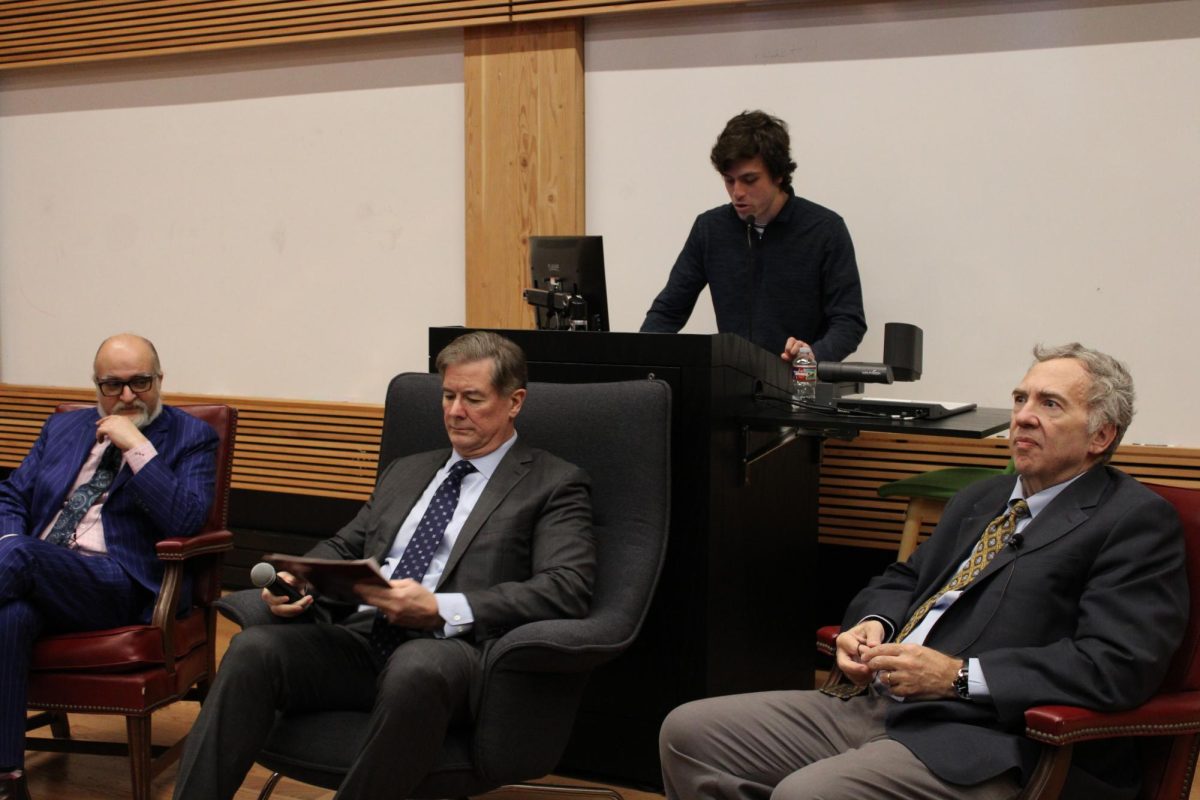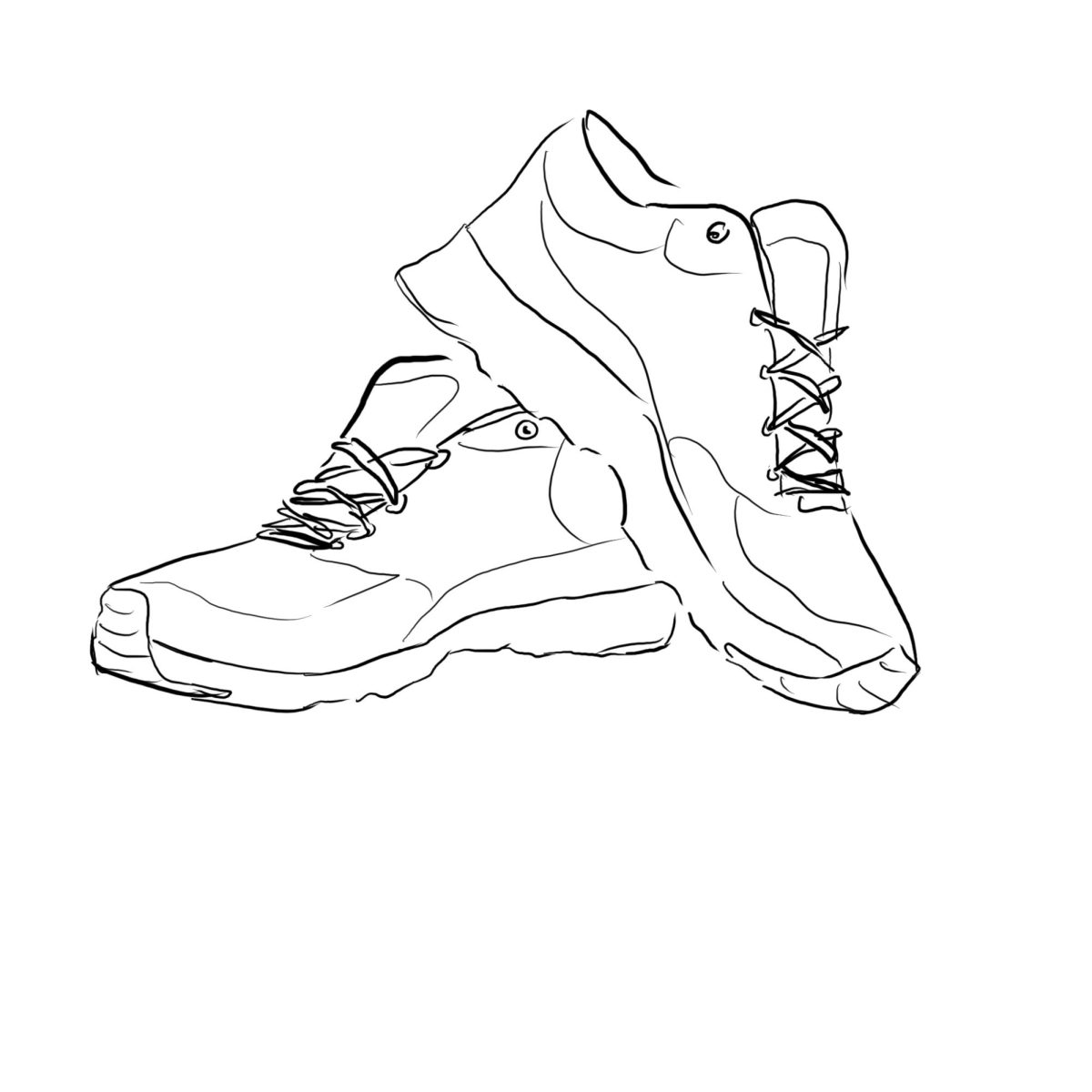Winter break is a massive time sink.
By that I mean that I tend to not do anything productive during holidays. As much as I look forward to them, I dread the sudden decrease in productivity.
Don’t get me wrong, the break represents a month-long chance to decompress from the pressures of school, catch up with old friends and enjoy the family … for however long that is possible.
The long break is also, however, a time to let laziness triumph and allow the brain to atrophy. I can already feel my calculus abilities starting to slip away, and the semester is not even over. (Hang in there … almost!)
Maintaining forward progress between semesters is an important part of preparing for the spring semester that I, like many, tend to neglect. So, to inspire the members of the Trinitonian community to “take apathy by the horns” so to speak, here are a few suggestions for fun and useful skills to learn over the break.
Meditation
Meditation is the practice of training one’s mind to achieve some goal, such as a decreased heart rate or a relaxed state. Meditation comes in many different forms, but one type of secular meditation, mindfulness, has become popular in the west.
Some of the many well-documented effects of meditation include improved concentration, attention and memory, reduced stress, elevated pain tolerance and greater emotional stability. Some advanced practitioners have even shown elevated amounts of gray matter in the brain.
Many of these positive effects can be realized in a short amount of time; in fact, one study showed college students who had meditated only four times at 20 minutes a stretch had improved concentration and attention over the students in the control group. In other words, even novice practitioners show improved cognition.
In other words, students should feel free to shave their studying time in half and spend that time meditating. Note: daydreaming in class is actually the functional opposite of meditation, although they may look the same to an outside observer.
Pen spinning
Pen spinning is the act of swiftly and adeptly manipulating a pen or a similarly shaped object with one’s fingers. Practitioners have developed a large variety of tricks, which are sequences of finger movements.
I highly recommend that anyone unfamiliar with the sport look it up on YouTube, simply because the “sport” is fun to watch. An experienced practitioner can make the pen look like a blur around his fingers.
The problem with this suggestion is that it might make the title somewhat of a misnomer. I honestly do not know if this is a skill that can be learned in a month. Perhaps most people can pick it up with ease but not me. This author found during his intensive applied research into the subject that having the fateful trifecta of 1) sausage fingers 2) average fine motor control and 3) a short attention span makes learning something like pen spinning akin to teaching quantum physics to a four year old. Thanks, genetics!
The internet is generally the best resource for learning this skill. YouTube is chock full of tutorial videos.
Computer programming
I can practically hear the objections now. “Programming cannot be fun,” my fictional antagonist might declare. “Ugh,” says another, before rolling his/her eyes and walking away. I get that one a lot, and I am usually not even talking about computer programming! Wait a second …
Anyways, yes dammit, I said it. Computer programming is fun. More importantly, computer programming jokes are fun; just ask Randall Munroe, author of the webcomic XKCD. Better yet, just go read XKCD.
Getting into programming is not an arduous proposition. Depending on which language one starts with (Python and Java are popular first languages), a working program can be as little as a few lines of code.
Many beginners to programming begin with programming MOOCs, or Massive Open Online Courses, which are online classes. Some allow students to work at their own pace, while others are more regimented. Two other common learning resources are books and various internet resources, such as the Q&A website StackOverflow.
Here are a few useful skills that need much less explanation:
Drive a stick — Manual transmissions are becoming rare in new cars nowadays, but there are plenty still on the road. If nothing else, knowing how to drive a stick gives one the flexibility to borrow anyone’s car.
First aid — Having the ability to deliver first aid to a wounded person could mean the difference between life and death.
Touch typing — Do you look at your fingers when you type? Then you do not know how to touch type, which has the advantage of being faster and better allowing for multi-tasking. (YMMV.) Winter break is a great opportunity to languish for hours in front of the computer … I mean, “practice.”
Computer building and maintenance — Computers are expensive but some of the cost can be mitigated when people do the dirty work themselves: purchasing and assembling the individual components and installing the operating system. As for maintenance, being able to comfortably backup data, erase (“format”) a hard drive and reinstall an operating system are all extremely useful skills.





